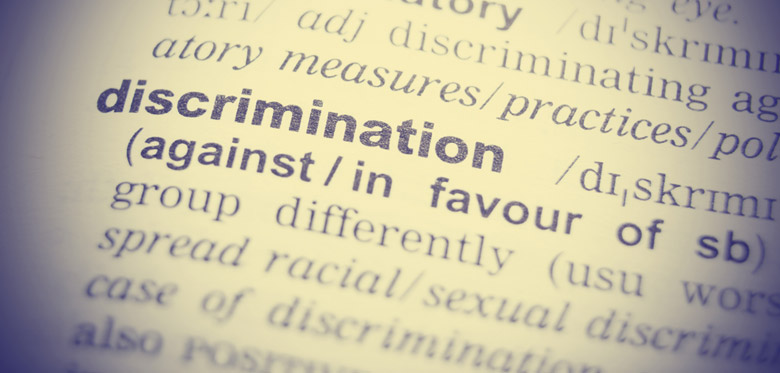Is it sufficient for the “something arising in consequence” of a disability merely to have a “significant influence” on the unfavourable treatment complained of?
This was the question posed in the recent case of Baldeh v Churches Housing Association. The employment appeal tribunal (EAT) ruled that yes, it is sufficient for the “something arising in consequence” of a disability to merely have a “significant influence” on the unfavourable treatment complained of.
The claimant in the above case was reported as disabled, due to depression. She claimed disability discrimination against her former employer, under section 15 of the Equality Act 2010.
It is understood that originally, her proposed claim of discrimination was rejected by the employment tribunal. The tribunal considered that the employer didn’t know, and couldn’t reasonably have been expected to know, that she was disabled at the time of her dismissal. The tribunal ruled that there was no evidence that her behaviour towards her colleagues (which was part of the reason for her dismissal) “arose in consequence of” her disability. The employment tribunal decided that the claimant’s dismissal was justified under section 15(1)(b), as being a proportionate means of achieving a legitimate aim, namely, ensuring the care by the employer for vulnerable people by a professional team.
However, the employment appeal tribunal held that there were a number of errors in the reasoning provided by the employment tribunal.
It was decided that although the employer didn’t know about the disability at the time of the dismissal, they may have acquired actual or constructive knowledge of it before the rejection of her appeal. It is reported that the claimant, Mrs Baldeh, had mentioned her mental health at the appeal hearing, and the rejection of the appeal formed part of the unfavourable treatment of which she was complaining of.
Further, the EAT decided that there was some evidence that Mrs Baldeh’s condition caused the relevant behaviour. Importantly, the EAT said that it was sufficient for the “something arising in consequence” of the disability, to have a “significant influence” on the unfavourable treatment. The fact that there may have been other causes as well, was not considered an answer to the claim, in this case.
Finally, the EAT decided that the tribunal failed to consider the section 15(1)(b) proportionate means defence properly, by omitting to address the question whether dismissal was a proportionate response, that is, balancing the prejudice of Mrs Baldeh losing her job, against the need to achieve the purported legitimate aim.
If you believe that you may have been discriminated against because you have been dismissed from work, as a result of a disability, or the way that your disability affects your behaviour, then our discrimination team can potentially advise and assist with a claim of discrimination. You can contact our specialist discrimination team on 01616 966 229.
By Ashleigh Irwin, employment and discrimination advisor



Comments